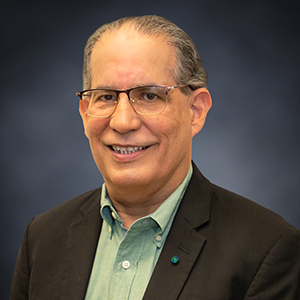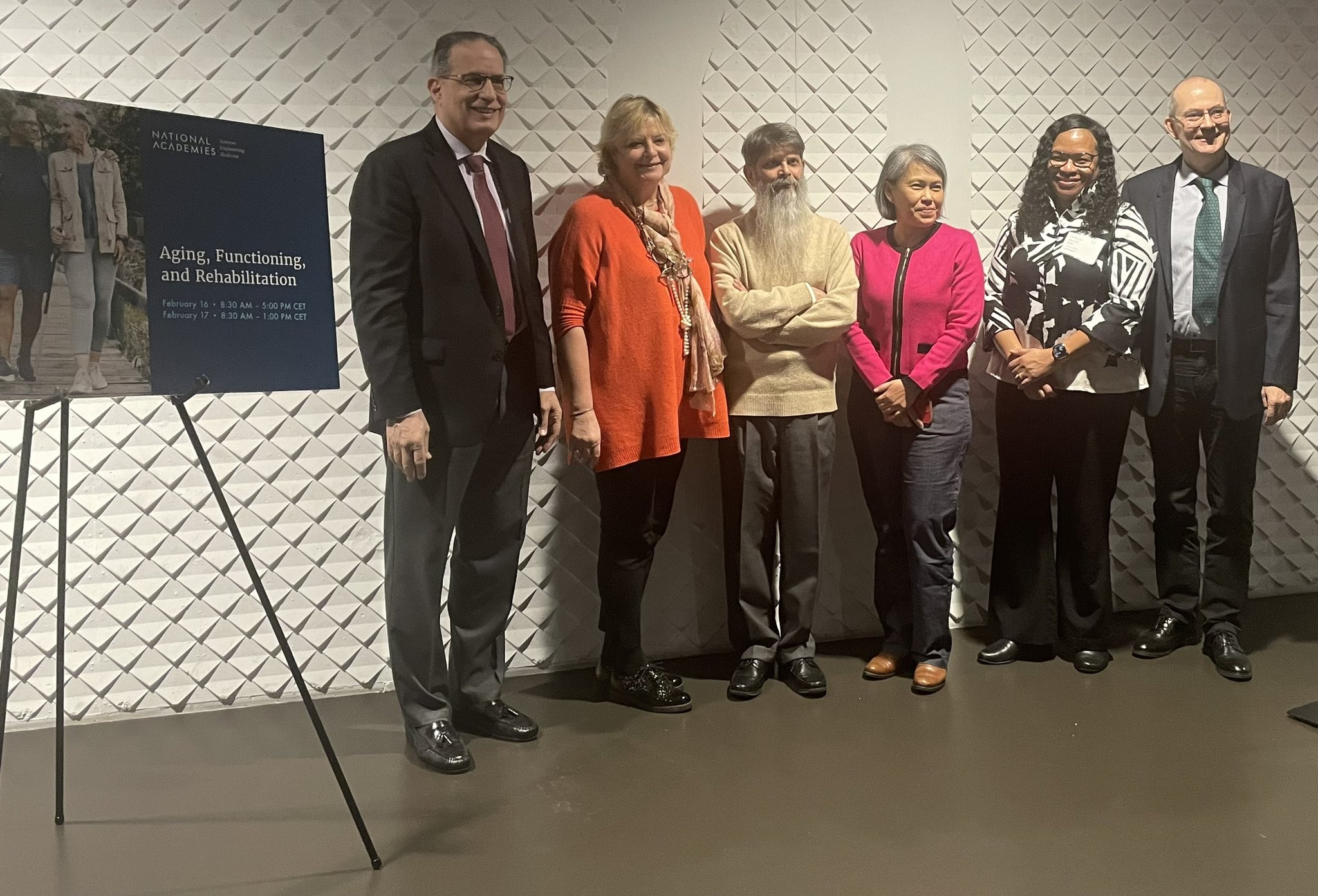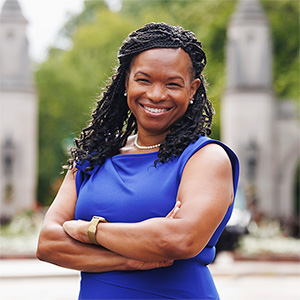The National Academies of Sciences, Engineering, and Medicine (NASEM) are known for bringing together top researchers and experts to address some of today’s most pressing scientific issues. And at their event "Aging, Functioning, and Rehabilitation: A Workshop," one of those issues was wellness across the lifespan. The workshop—featuring highly accomplished experts on aging and wellness—was held at the University of Lucerne in Luzern, Switzerland last February.
“The term ‘healthy aging’ can be problematic because of the connotation of ‘aging’—moving toward death, rather than striving for health and longevity.” says NiCole Keith, Ph.D., executive associate dean of the Indiana University School of Public Health-Bloomington (SPH-B). “There are still many parts of the developed world that think that disease prevention is impossible; that people are destined to get sick; that people are inevitably going to have chronic morbidities and disabilities.” Dr. Keith says that while that is not true, it is the reality for many who cannot access impactful prevention measures.
There is even a term for meaningful interventions that can stave off the more unfortunate health effects associated with aging—prehabilitation. Dr. Keith’s dedication to this area made her a perfect voice to moderate the panel "The Foundation for Improving Rehabilitation Service Delivery and Care across the Life Course: Continuity and Person-Centered Care and the Lived Experience of Health." That is why Dr. Walter Frontera, longtime NASEM member, nominated her to lead it.

"NiCole made an important contribution to the success of the workshop," Dr. Frontera says. "Her ideas and professional experience are very valuable to these discussions."
"We know that women and minorities are more likely to suffer from disease and disability related to physical function,” Dr. Keith notes. “I wanted people to be able to talk about urban and rural populations, as well as low-income populations.” It was with this perspective that NASEM convened a panel that included Patricia Morsch, Ph.D. of the Pan American Health Organization; Fary Khan, M.D. of the University of Melbourne; and Elias Mpofu, Ph.D. of the University of North Texas. Each brought expertise on rehabilitation and prehabilitation across the lifespan—particularly through the lens of populations who are more likely to face hurdles to meaningful care and prevention—to the conversation.
While panel members agreed that prehabilitation deserves more emphasis in the arenas of public health and medical care, they did not necessarily agree on every point that came to light over their hour-long exploration. "[There is] a notion that if you’re genetically predisposed to have low bone density, no matter how much weight-bearing exercise you do, no matter how healthy your diet is, you are going to experience fractures," Dr. Keith explains. "That is not true. They’re preventable."

She notes that even putting this notion into writing will raise the objections of many health researchers, and it certainly led to disagreement even among the panelists. That did not rattle Dr. Keith, who is well-versed in hotly debated health-related topics.
"Our efforts to improve health outcomes have to be multi-disciplinary," Dr. Keith elaborates. "It can’t just be scientists and physicians." Dr. Keith insists that architects, city planners, and others with the ability to affect human behavior must be well versed in the notion of prehabilitation if human behavior is to change.
"When people are more physically active, it’s better for the world overall. When people walk and bike more, we see reduced pollution. When buildings are accessible and inviting, people are more likely to stop in and spend their money—we see economic benefits."
Dr. Frontera adds that Dr. Keith's "emphasis on prevention and community-based physical activity provided a key objective for discussion and for the design of future interventions to enhance functioning in older adults."
Learn more about the workshop, the panel, and NASEM at bit.ly/3WNGrOX. For continued updates about SPH-B faculty, staff, and students making a difference locally and around the world, visit go.iu.edu/48bx.


